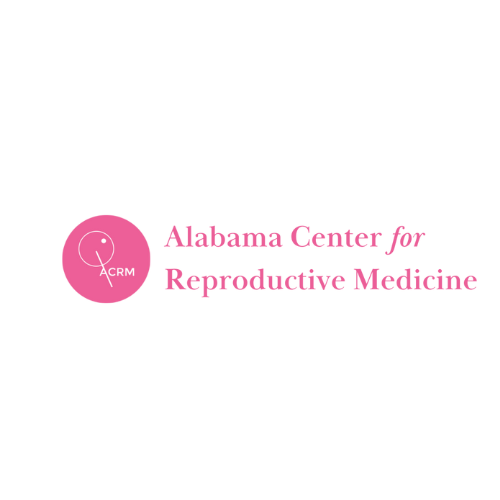Schedule a Consultation!
Fill out this short form below and someone from our staff will call you to schedule your consultation. Thank you!
During your first visit as a new patient to our fertility clinic, you will undergo a series of lab tests. These tests are critical in determining the right treatment plan. Here is a list of eight common labs that you should expect and a brief explanation of each:
1. Beta HCG- Beta- Human Chorionic Gonadotropin
Beta HCG is a hormone that indicates a pregnancy, as it is produced in the placenta after an egg is fertilized. A blood test can be taken 11 days after conception and a urine test can be taken around 13 days after conception, as there is a period of time where the Beta HCG levels cannot be detected. Beta HCG levels normally double every 72 hours during pregnancy, and around 8-11 weeks into pregnancy, the Beta HCG level is at its peak.
2. Vitamin D
Studies show that vitamin D is significant in reproductive health, so vitamin D levels are included in the initial screening process for unexplained infertility. Women with vitamin D levels greater than 30 ng/mL are shown to have both a higher conception rate, as well as a higher live birth rate.
3. FSH- Follicle Stimulating Hormone
The follicle stimulating hormone is produced by the pituitary gland, and FSH levels taken by a blood test indicate the abundance of the ovarian reserve (egg count). An increase in FSH naturally occurs as women age, and lower levels indicate greater ovarian function. Women with FSH levels below 15 mIU/ml have a higher success rate for conception.
4. TSH- Thyroid-Stimulating Hormone
The TSH blood test is included during the initial screening process for unexplained infertility, as it can diagnose an underlying thyroid disease. Lower levels of TSH may indicate hypothyroidism, while higher levels indicate hyperthyroidism. The normal range for TSH levels changes for women during a pregnancy.
5. E2- Estradiol
Estradiol is a form of the estrogen hormone in women, and E2 levels normally fluctuate during a woman’s menstrual cycle from 10-300 pg/mL. Physicians assess the ovarian reserve by testing E2 levels at the lowest point, which is day 2 or 3 of a woman’s menstrual cycle.
6. Progesterone
Progesterone is a female hormone produced by the ovaries. Progesterone levels spike during ovulation, when an egg is released. Higher levels of progesterone in the absence of a pregnancy may indicate an ovarian cyst, ovarian cancer, or a disorder in the adrenal glands; lower levels indicate a miscarriage or problems ovulating.
7. T4- Thyroxine
Thyroxine is a thyroid hormone. Abnormal levels may indicate a thyroid disease, and changes to the thyroid occur often during a pregnancy.
8. PRL- Prolactin
Prolactin levels are measured by taking a blood sample. Prolactin is a hormone produced by the pituitary gland, and plays a role in breast milk production. Prolactinomas can cause infertility, and is most commonly diagnosed in women.
Fill out this short form below and someone from our staff will call you to schedule your consultation. Thank you!

